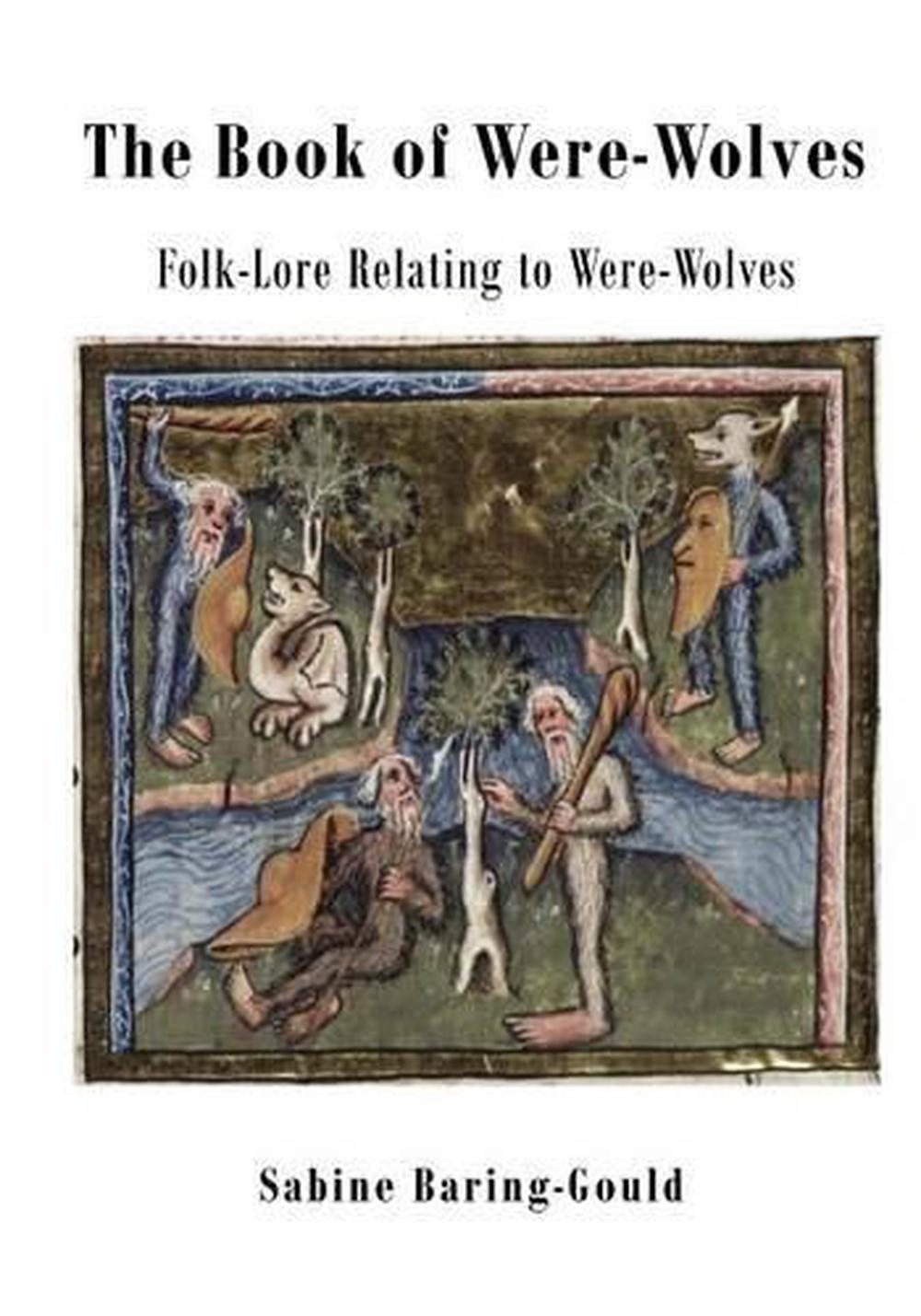

His studies in folklore resulted in The Book of Were-Wolves (1865), a frequently cited study of lycanthropy. He wrote many novels, his usual writing position was whilst standing, including The Broom-Squire set in the Devil's Punch Bowl (1896), Mehalah and Guavas, the Tinner (1897), a collection of ghost stories, and a 16-volume The Lives of the Saints. Upon its vacancy in 1881, he took the post, becoming parson as well as squire. In 1872 his father died and he inherited the family estates which included the gift of the living of Lew Trenchard parish. Baring-Gould became the rector of East Mersea in Essex in 1871. Their marriage lasted until her death 48 years later, and the couple had 15 children. He and Grace were married in 1868 at Wakefield. Baring-Gould, meanwhile, relocated to become perpetual curate at Dalton, near Thirsk. His vicar, John Sharp, arranged for Grace to live with relatives in York to learn middle-class manners. During the next few years they fell in love. Here he met Grace Taylor, the daughter of a mill hand, aged fourteen. He became the curate at Horbury Bridge in West Riding. In 1864, after his education and several years teaching, he took Holy Orders. As early as 1853 he had decided to become ordained.

In 1852 he gained entrance to Cambridge University, earning a Bachelor of Arts in 1857, and then a Master of Arts in 1860 from Clare College, Cambridge.

Here he contracted a bronchial disease that was to plague him throughout his life. The family spent much of his childhood travelling in Europe and he was educated mainly by private tutors although he spent two years King's College School in London and a few months at Warwick Grammar School. 1200 items at a minimum including the hymns 'Onward Christian Soldiers' and 'Now the Day Is Over'. The family had its own manor house at Lew Trenchard on a three-thousand-acre estate, in Devon, England. Sabine Baring-Gould was born on January 28th, 1834.


 0 kommentar(er)
0 kommentar(er)
